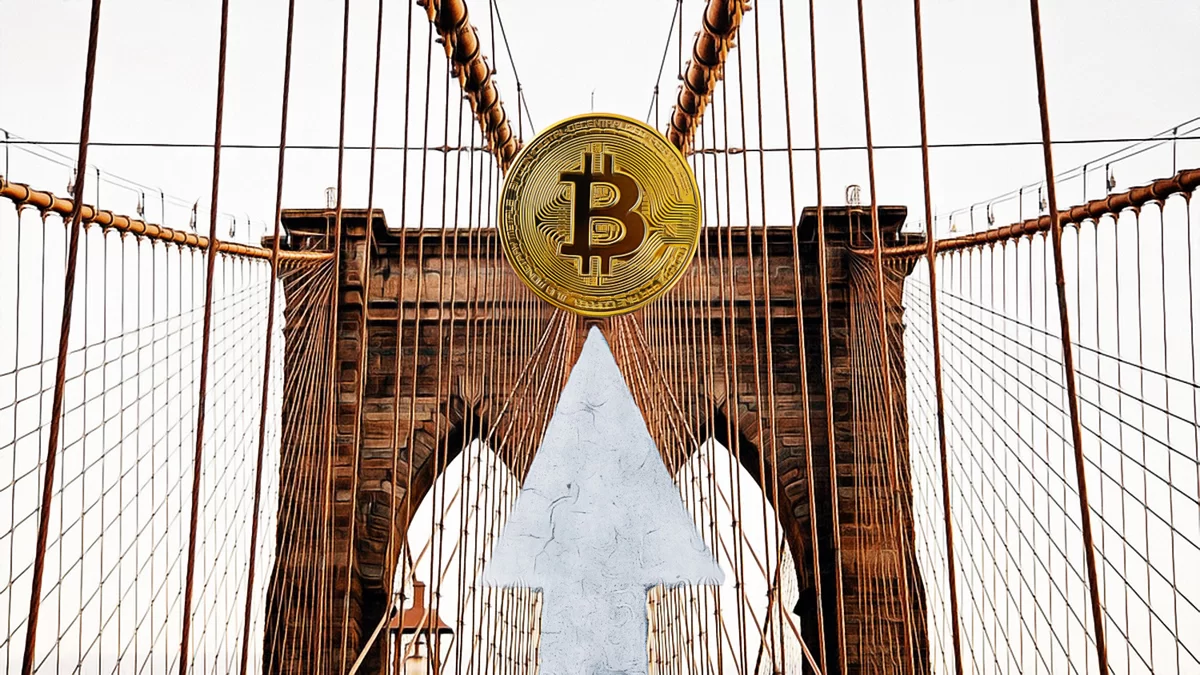According to blockchain data analysis firm Arkham, several identified crypto addresses have millions of dollars in crypto assets that are stuck or forgotten in at least two major bridge contracts. In a post dated April 22, Arkham revealed that there are dozens of six to seven-figure accounts stuck or forgotten in bridge contracts. Among these are wallets linked to Ethereum co-founder Vitalik Buterin, cryptocurrency exchange Coinbase, and several DeFi whales.
Arkham and Bridge Contracts
To support its claims, the firm shared two screenshots of fund transfers made to and from the Arbitrum and Optimism bridges. Arkham mentioned that a wallet that received 50 Ethereum from Buterin has been stuck on the Optimism bridge with $1.05 million for seven months. If the address belongs to Buterin, according to Arkham’s data, this represents a small portion of his $789 million cryptocurrency portfolio.

Another wallet associated with Bofur Capital, sharing the same name as a Celsius creditor, has $1.8 million in Wrapped Bitcoin (WBTC) that has been immobile on the Arbitrum bridge for 27 months. Additionally, another blockchain company, Arrow, has $800,000 in Ethereum stuck on the Arbitrum bridge.
Noteworthy Details on the Process
Furthermore, Arkham reported that Coinbase attempted to transfer $75,000 in USD Coin (USDC) to Ethereum via the Optimism bridge six months ago, but it has yet to be claimed on Ethereum’s base layer. However, it is also possible that the owners behind these wallets still have full control over the funds and may voluntarily choose to keep their assets there for now.
Cross-chain bridges play a crucial role in modular blockchain networks like Ethereum, which prioritize data availability and security at the base layer and delegate transaction responsibilities to Layer-2 networks. However, bridges often become a honeypot site for hackers, as they are usually automated by potentially vulnerable smart contracts or a highly centralized set of validators.
For instance, the $650 million Ronin bridge attack carried out by North Korea’s state-sponsored Lazarus Group in March 2022 occurred after gaining access to five out of nine private keys held by transaction validators.









